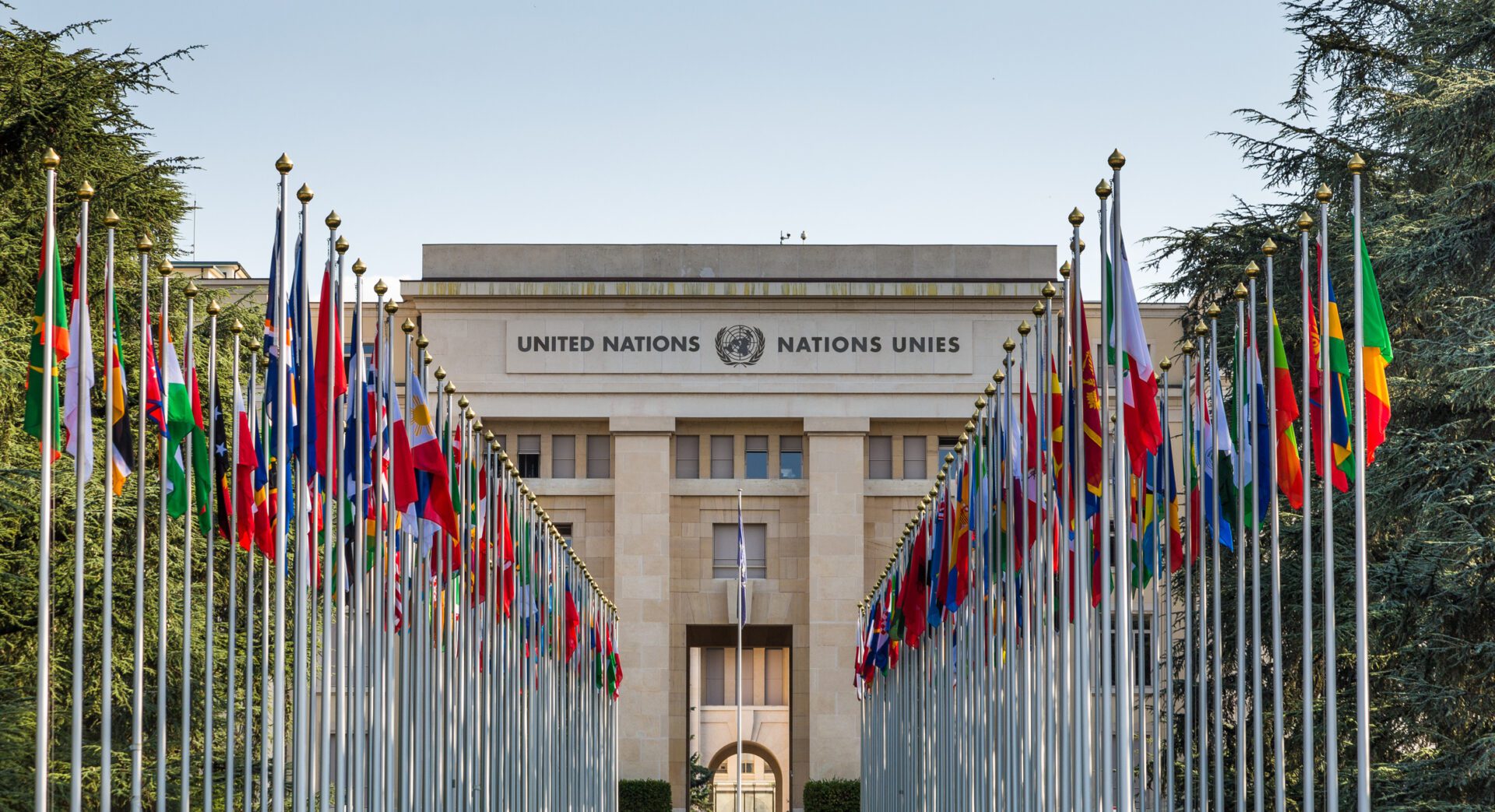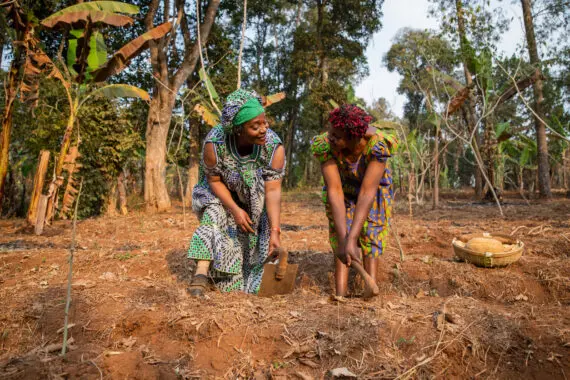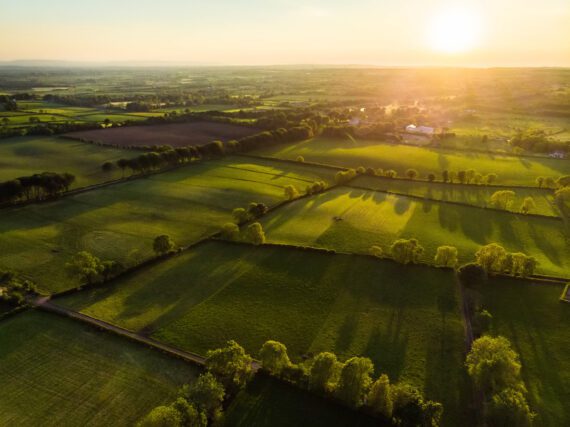During the 79th United National General Assembly week, I was honored to be a co-leader of the Black Futures Summit, a United Nations Summit of the Future side event. At the summit, I moderated the panel on the theme of “Pan African Futures, Faith, and Food Security for All.” I also participated in the 2024 African Civil Society Dialogue on the Pact for the Future.
That week I was thrilled to witness the consensus votes of the UN member nations to support the Pact for the Future. I agree with many that the Pact for the Future has the potential to be one of the most consequential frameworks of our time and warrants our attention and engagement.
The Pact for the Future has three components: 1) The Pact for the Future, 2) The Declaration on Future Generations, and 3) The Global Digital Pact. According to the UN, “[t]he Pact covers a broad range of themes including peace and security, sustainable development, climate change, digital cooperation, human rights, gender, youth and future generations, and the transformation of global governance.”
The voice of the African nations was heard at the outset of the opening plenary of the Summit and opened the path of the passage of the Pact. This was after objections of the Russian Federation that would have made the Pact less than what was proposed. The Democratc Republic of Congo spoke on behalf of Africa’s 54 nations and opposed Russia’s amendments and made a motion not to vote on the amendments they proposed.
These opening moments of actions created the beginning of presentations of global leaders speaking to the importance of the PACT as an important negotiated global framework in these days with increased conflicts, climate change, hunger, poverty, lack of inclusion, systematic injuries of human rights violations and inequities, and the advance of artificial intelligence.
The adoption of the Pact by the majority of nations demonstrates the political will to foster a revived multilateralism of peace, security, and a more just and equitable world with the 56 actions identified in the Pact. But very importantly, the Pact is also a call to action to all of us. While some leaders said that they would have like to see the document do more, the overall consensus is that the Pact sets a framework that addresses the threats, possibilities, and fundamental changes of our times.
In the end, the tough questions will need to be answered by all of us—not just governments. Do we have the will to engage in a brighter future? Are we willing to consider and fight for a brighter future with and for our children? As people of faith, will we choose love and hospitality for one another that keeps us at a table, even when it is so difficult? Can we bring this outlook and approach to contentious elections—whether in the United States or elsewhere?
At Bread for the World, we advocate for a brighter future, and we invite you to engage with our new Nourish Our Future campaign, which complements the Pact as we approach our 50th commemoration. Please join the movement towards the future at bread.org/act.
Angelique Walker-Smith is senior associate for Pan African and Orthodox Church engagement at Bread for the World.



